By Wes O’Donnell
Featured Image from the “Hidden Wounds” movie poster. Courtesy Amelio Media.
For many transitioning servicemembers and spouses, the entertainment industry can be daunting. But as a by-product of their military service, veterans possess the stomach to take risks, the ability to deal well with ambiguity, and the composure and creativity needed to act under extreme pressure.
The same “soft skills” that make a servicemember so good at his or her military specialty translate extremely well to media. Furthermore, spouses are just as adept as their active-duty counterparts at navigating the stressors that come with military service.
Intrigued with how a veteran or spouse can achieve success in the film industry, I recently had the good fortune to sit down with an incredibly talented documentary filmmaker and military spouse, Nicole Amelio-Casper. We discussed her upcoming film (still in production), called “Hidden Wounds.”
During our talk, Nicole reminded me that while the Department of Defense (DoD) has come a long way in destigmatizing mental health issues associated with military service, there are still gaps that need to be filled.
Addressing the Issue of Mental Health
Wes O’Donnell: Nicole, thanks so much for taking the time to chat. I know you have a busy schedule with this project. Can you start by telling our readers a bit about your military affiliation?
We met in New York City as I moved there after attending college in Boston (BC). He attended New York University. One day, he came home and said, “I’m going to join the Army.” I was like, “Wow!” So four years turned into 20 before we knew it, and what started as a way to pay off some college loans turned into this amazing journey.
And of course, we lived all over. While we were in Germany, I had the great opportunity to volunteer and work at American Forces Network (AFN) where I learned much about TV broadcasting. I learned from the best mentors, both military and civilian.
While I was there, they helped me hone my writing and storytelling skills. I am forever grateful for that experience.
Wes: Did you always have a passion for storytelling or was AFN something where you were just like, “I’m going to take a shot in the dark and go do this”?
Nicole: I guess my desire and passion to tell stories stems back from writing and journaling when I was younger. That was my strength in school. I had just really good writing skills.
I graduated college as a psychology major, so I did not earn a film or broadcasting degree. After getting married and having a couple of kids, I decided when I went back to work, I would pursue broadcasting. I volunteered at National Public Radio back in 2000.
At the time, we were at Fort Bragg and loved that experience. I learned how to be an on-air talent, but honestly, I always wanted to go and sneak into the newsroom and hear how they were telling stories.
After that, I went to work for Cumulus Broadcasting and then SAGA Communications near Fort Campbell, where I was the substitute news anchor in the newsroom there. It was a very pivotal time for me because I learned how to take charge in a newsroom in the beginning of 2003 when the 101st deployed to Iraq from Fort Campbell.
Wes: I was stationed at Fort Campbell for four years, and it is just an incredible community there in Clarksville.
It sounds to me like you’ve connected with the power of the storyteller in our society.
If you think about it, all of civilization is built on stories: all our movies and TV shows, our video games and books. Humans are captivated by a good storyteller.
And it sounds like you identified with that early on and want to tell these important stories. What roadblocks did you face when you were first starting in this sort of storytelling journey?
Nicole: I would say not having that formal education, specifically in broadcasting. I didn’t attend college for film or TV; I was a psychology major. So, of course, that was a bit of an obstacle. But I am a believer that if you work hard, study hard and are passionate enough about something, you can create the life you want for yourself.
I knew that my mission and purpose in life was to impact lives. I wanted to be a change agent through my talents and gifts through storytelling, but to also empower others in some capacity. Eventually, I would earn my master’s degree from the University of Memphis Graduate School of Journalism.
Wes: Let’s talk about your upcoming project, “Hidden Wounds,” because I saw the concept trailer and it looks amazing. And it’s an extremely important and timely topic. What’s it about?
Nicole: I want this film to be impactful in the military, veteran and civilian communities. Initially, I didn’t plan to produce or direct this documentary.
I was attending a film festival for my previous film, “The Journey Back to Normal,” at the Universal-International Kansas City Film Festival. A former colleague of my husband approached me and said, “I know what your next film is going to be about.”
I was intrigued. He said he would love for me to produce a documentary on Hidden Wounds, a non-profit organization in South Carolina.
Hidden Wounds is a grassroots organization that helps veterans and their families transition from the military and connect them to the resources that they need. After learning more about them, I realized that I had to tell this story.
After speaking with many other veterans involved in these programs and nonprofits, I thought that maybe this isn’t just a South Carolina story; maybe this is a story that is going to expand across the country. That’s my goal – to cover both men and women, active duty, and veterans telling their raw stories about their military experience, both negative and positive.
The first element is the raw story, but the second element is highlighting grassroots organizations like Hidden Wounds that are doing great things across the country – from helping veterans to empowering them to educating them. We’re scheduled to interview some folks at the Department of Veterans Affairs in Philadelphia in terms of what they’re doing proactively.
My goal here is to let the VA communicate more positive outcomes in terms of their mental health and wellness programs. They recently started a new initiative called the “Whole Health Initiative” that they’ve rolled out over time.
Next, we’re going to interview a few politicians who are advocating for veterans and their families every day in Washington D.C. I know that recently there is a concerted effort to make sure that the suicide rate is decreasing and that mental health and wellness is a priority.
The last element is that we will be interviewing some folks still in the military who are in charge of mental health and wellness programs in Kansas at Fort Riley. There is also a mental health and wellness program that’s run by a Navy chaplain named Bob Price in Arlington, Virginia. I believe it’s important to acknowledge what the military is doing because it seems like all you hear on the news these days are the negative mental health outcomes.
Wes: Well, I think you’re very in tune with what makes a good story. I think the thing that most surprised me was you’re able to get somebody on active duty on camera.
Nicole: We do have to work closely with public affairs to make sure that they’re communicating a consolidated message.
Wes: I’m happy that it’s you telling this story because you have this authenticity of “been there, done that” as a military spouse.
Nicole: Well, thank you so much. I feel like this is my purpose to do this right now.
Wes: What’s the best way for our readers to get involved with Hidden Wounds to try to raise awareness or raise funds?
Nicole: The best way to help and support is to find us on social media. Share our information as much as you can. We are currently highlighting the stories of our team members right now. Every single film crew member is either a veteran or a veteran spouse.
We all have a heart for this. We’re dedicated to this mission.
We also partnered with Filmmakers Collaborative, which is our fiscal sponsorship organization, and they are nonprofit. They have so many different resources and programs for the next generation of filmmakers. It’s a great cause, and giving through Filmmakers Collaborative is a tax-deductible donation.
Wes: For transitioning servicemembers who are about to get out and want to get into film and media, what would be your advice?
Nicole: I would say to connect with veterans who are already in the industry. And if that individual is thinking about going back to school, there are wonderful universities across the country, including American Military University, that can help get them the knowledge.
Take advantage of military educational benefits as well, and just study as much as you can and learn as much as you can.
Wes: Nicole, I want to thank you for your time, and I’m really happy with what you’re doing here with this project. I can’t wait to see the finished project when it’s done!
Nicole: It was my pleasure! Thanks for chatting.
The production is selling t-shirts to raise additional funds that help support this important mission. You can show your support here.
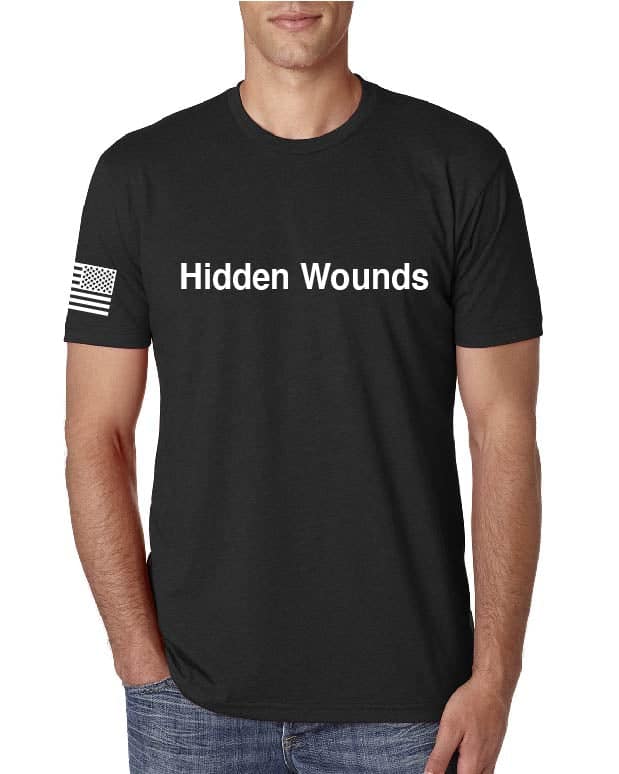
Nicole’s last film, “The Journey Back to Normal” has won:
- A Spotlight Documentary Award from the spotlight documentary festival in Atlanta Georgia
- 3 BEST Documentary awards: The Universal Kansas International Film Festival in Kansas City MO, The Raleigh Film and Arts Festival in Raleigh NC and The Show Low Arizona Film Festival
- Nominated: Best Documentary award at The International Kansas Film Festival in Kansas
This article appeared originally on AMUEdge


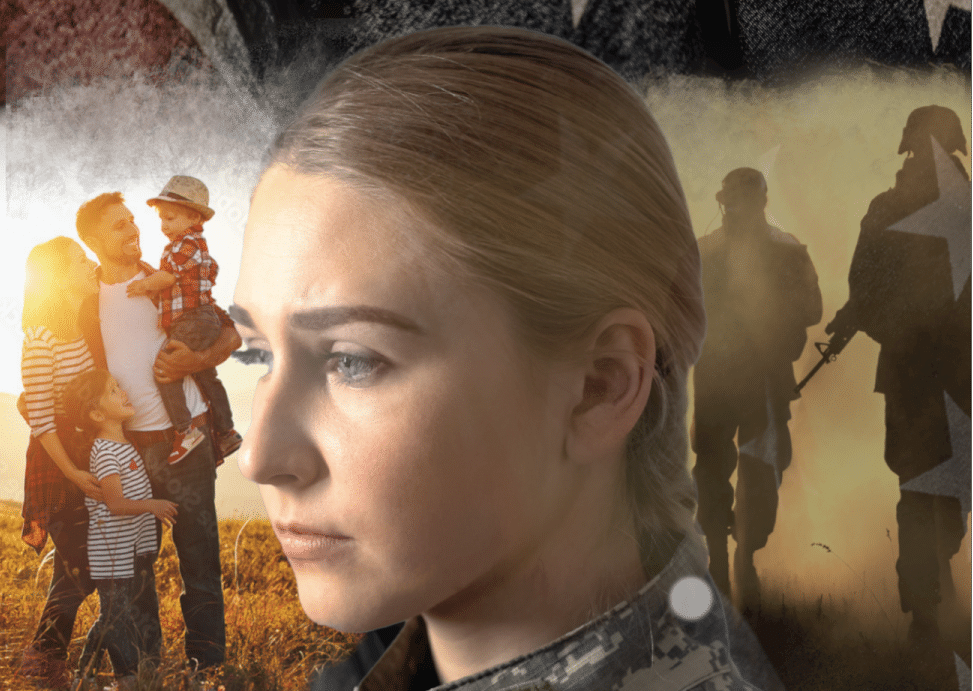
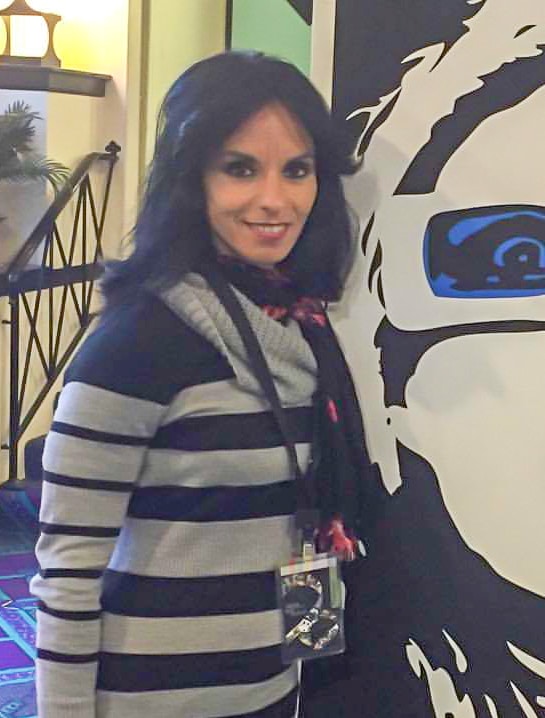

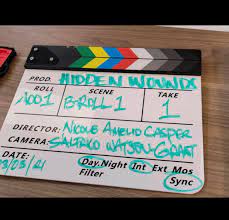
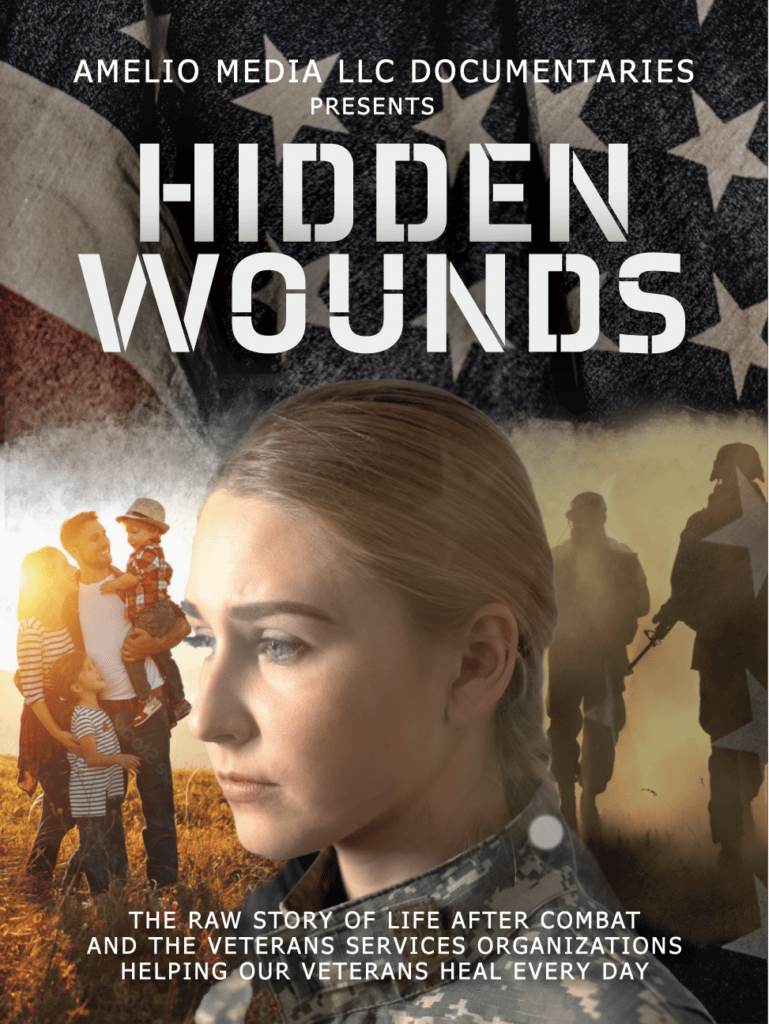

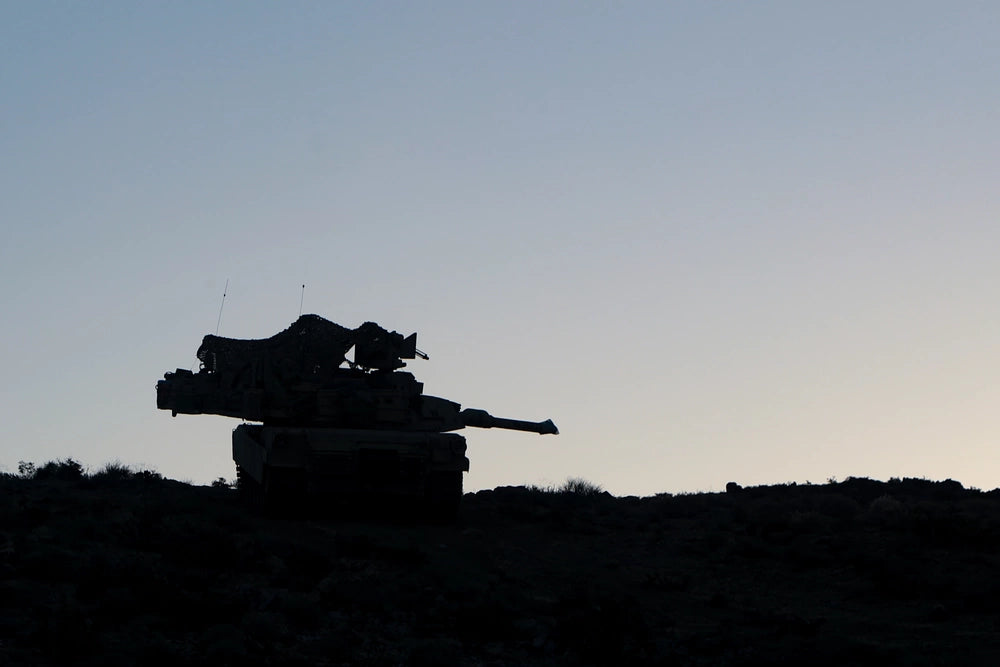
Leave a comment
This site is protected by hCaptcha and the hCaptcha Privacy Policy and Terms of Service apply.